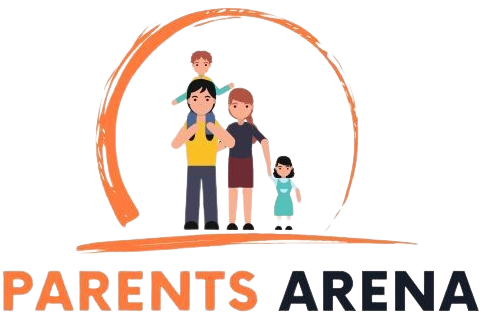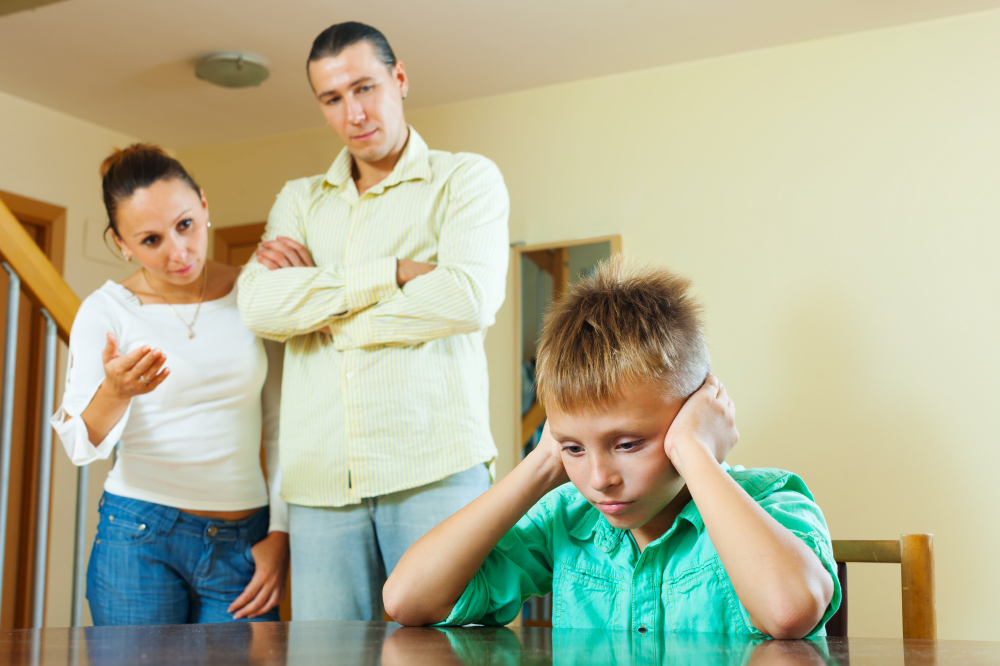Parenthood is undoubtedly one of life’s most challenging and rewarding journeys. As parents, we all want what’s best for our children, but sometimes, despite our best intentions, we can inadvertently harm them. It’s essential to recognize that this harm often stems from love, misunderstanding, or a lack of awareness. In this blog, we’ll explore some common ways parents can unintentionally harm their children and offer suggestions for healthier alternatives.
Overprotection
One of the most well-intentioned but potentially harmful behaviors parents engage in is overprotectiveness. While it’s natural to want to shield your child from harm, being overly protective can stunt their growth and hinder their ability to develop resilience and problem-solving skills. Instead, try to strike a balance between safety and allowing your child to explore and learn from their experiences. Encourage them to take calculated risks and learn from their mistakes.
Unrealistic Expectations
Setting overly high or unrealistic expectations for your child can lead to feelings of inadequacy and low self-esteem. It’s crucial to understand that every child is unique and has their own strengths and weaknesses. Rather than pushing your child to meet your expectations, focus on encouraging their interests and passions and supporting them in their own journey of self-discovery.
Lack of Communication
Communication is the cornerstone of any healthy parent-child relationship. Failing to listen to your child’s thoughts and feelings can make them feel unheard and unvalued. Take the time to engage in open and honest conversations with your child, and show empathy and understanding. This will help them develop trust and emotional intelligence.
Comparisons
Comparing your child to their siblings or peers can be detrimental to their self-esteem and overall well-being. Each child is unique, and comparisons can lead to jealousy, resentment, and a sense of inadequacy. Instead of comparing, celebrate your child’s individual achievements and encourage them to pursue their interests and passions.
Neglecting Self-Care
Parents often prioritize their children’s needs above their own, which is admirable but can lead to burnout and stress. Neglecting self-care can harm your child indirectly as they may feel responsible for your unhappiness. Remember that taking care of your own physical and mental well-being sets a positive example for your child and allows you to be a more present and supportive parent.
Harsh Discipline
Using overly harsh or punitive discipline methods can have long-lasting negative effects on your child’s emotional and psychological well-being. Instead of resorting to punishment, focus on teaching your child about consequences, setting clear boundaries, and using positive reinforcement when they behave well. Encourage them to understand the reasons behind rules rather than just enforcing them blindly.
Ignoring Mental Health
Mental health is just as important as physical health, and ignoring signs of distress in your child can be harmful. Be attentive to changes in behavior, mood, or social interactions that might indicate your child is struggling. Seek professional help if needed and provide a supportive and understanding environment for them to talk about their feelings.
Parenting is a complex and sometimes challenging journey, and no one gets it perfect all the time. However, by being aware of these potential pitfalls and making a conscious effort to avoid them, you can create a more nurturing and supportive environment for your child to thrive. Remember that parenting is a learning experience for both you and your child, and your love and commitment are the most valuable tools you have to help them grow into happy and healthy adults.

